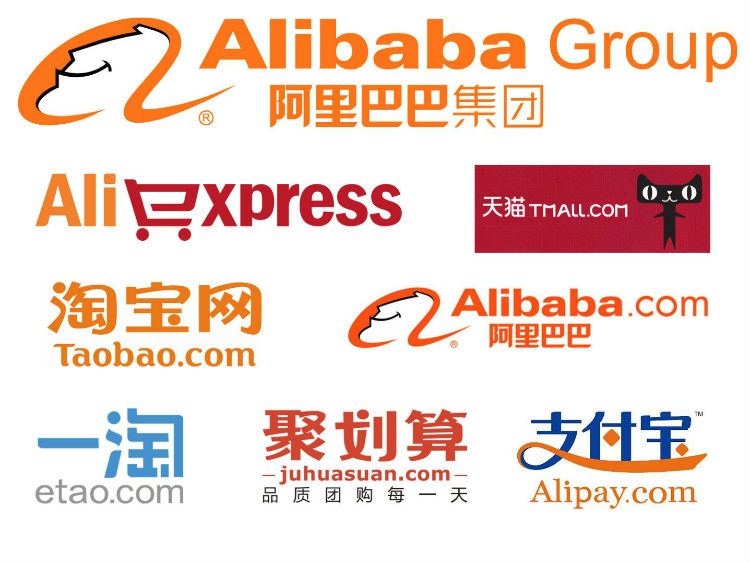
Word said that Alibaba’s evaluation grew 9.8% because of the Q4 good financial performance in 2013. According to Bloomberg’s data, Alibaba’s evaluation reached $168 billion, in that way, Alibaba would surpass Amazon’s market value.
Carlos Kirjner, Sanford Bernstein’s analyst, claimed that Alibaba’s evaluation was too conservative and suggested to increase Alibaba Group’s evaluation to $245 billion.
But in comparison with eBay and Amazon’s profits and market values, evaluating in regards of revenue and profit was not reasonable. High profit does not necessarily lead to high market value.
eBay’s Q4 revenue reached $4.53 billion in 2013, with 13% YoY increase; and its net profit reached $850 million with 13% YoY increase. Amazon’s Q4 revenue reached $25.59 billion, with 20% YoY increase; its net profit was $239 million, with 146% YoY increase.
eBay’s net profit was higher than Amazon’s in Q4 2013, however, Amazon’s market value reached $148.4 billion while eBay’s market value was $71.16 billion. In some ways, Alibaba’s more like eBay and Jingdong resembles Amazon.
In Q4 2013, Alibaba’s net profit reached 8.46 billion yuan (USD 1.37 billion), while Jingdong’s net lost was 110 million yuan (USD 17.819 million) and Amazon’s net profit 1.487 billion yuan (USD 239 million).
Alibaba’s Q4 net profit had a 66% YoY increase and 72% QoQ increase in 2013, which was attributed to promotion activities. During “double 11“, Taobao and Tmall’s sales hit $5.6 billion. Excluding seasonal factors, Alibaba’s net profit was still ahead of Amazon and Jingdong.
Alibaba’s net profit rate hit over 40% in 2013, while Jingdong’s net profit rate was lower than 1%.
The difference between Alibaba and Jingdong’s net profit rate was because of their different business model. Alibaba makes profit by taking commission fee from online store owners, Tmall’s commission fee boosts the fast growth of Alibaba’s revenue. Taobao drives a large free traffic to Tmall, and Tmall’s commission fee is between 3% to 5%, or even higher. As long as Tmall’s GMV grows, revenue from Tmall will keep growing.
Jingdong’s business model is to sell products online. Just like Amazon and dangdang, Jingdong has relatively low net profit rate.
Take Amazon as an example, though Amazon’s scale grows over the years, its net profit rate remains between -2% to 1%. In 2013, Amazon’s net profit rate reached 0.9% which was quite good.
One characteristic of B2C websites is that their operating cash flow will keep growing. In 2013, Amazon’s operating cash flow reached $5.47 billion, with 31% YoY increase. Its free cash flow was $2.03 billion, a lot higher than 2012’s $395 million. In the battle with eBay, Amazon came on top later.
It’s the same with Jingdong, by December 2013, Jingdong’s cash and cash equivalents totaled 10.81 billion yuan (USD 1.75 billion). What’s more, Jingdong also had the support of Tencent. It is said that WeChat will open API to Jingdong by the end of May 2014. Jingdong will open an E-Commerce Store on WeChat.
Alibaba’s business model require the growing number of stores on Tmall, however, the rising of Jingdong will steal a part of revenue from Alibaba.